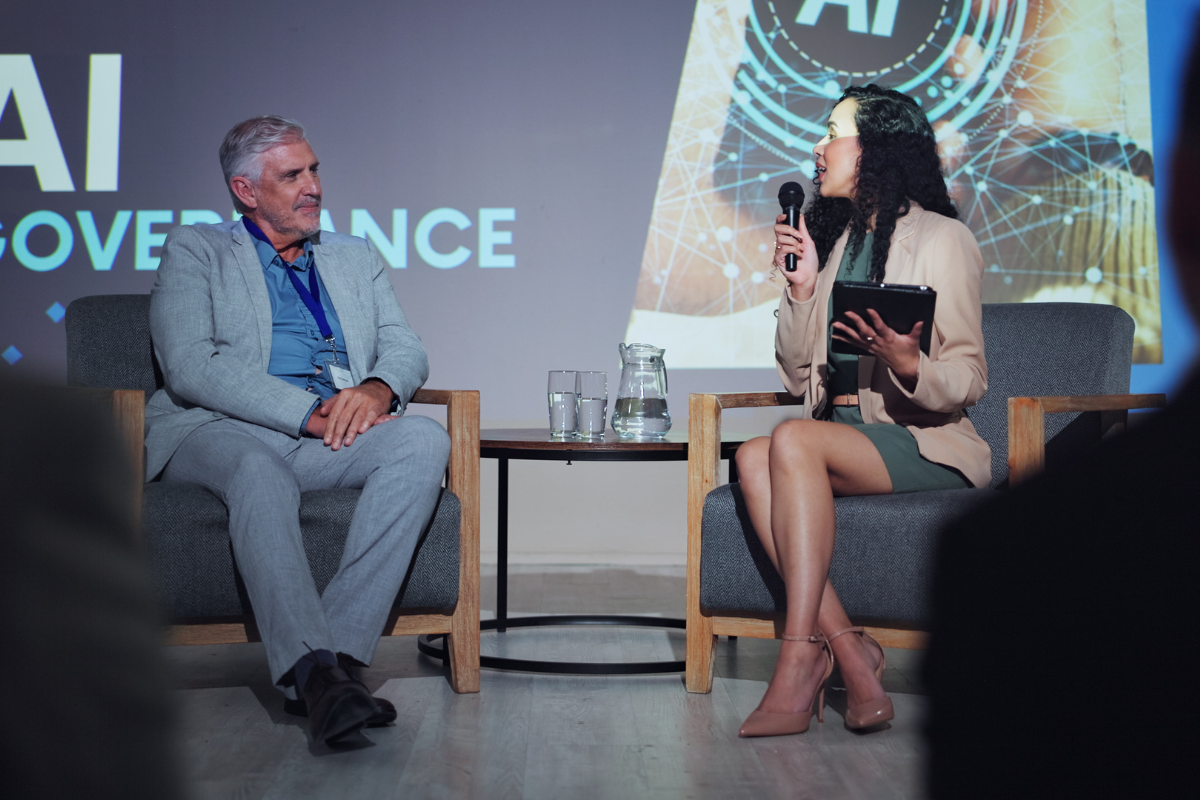You weren’t fired, at least not officially and not even on paper. You’re still there, replying to emails, attending meetings, and finishing tasks. But your work will start to feel thinner, the tools will become smarter, and that role you used to do? It’s done now in seconds by a software you never asked for. This is how automation spreads now, not with layoffs, but with a quiet shift in relevance. You don’t get fired. You get absorbed, reorganised, and slowly outpaced by a system that doesn’t need breaks, contracts, or conversation.
And it’s everywhere. At Salesforce, AI now handles half the workload. At Duolingo, human translators were replaced by an algorithm. IBM, Dropbox, BT Group — all quietly rewriting the rules of who gets to stay. So if you’re still waiting for an official announcement, you might already be late.
The invisible layoff
Most companies do not announce that they are replacing people. They stop hiring or quietly restructure. Even roll up productivity tools that make entire departments an optional feature.
At IBM, 7,800 roles were paused in 2023 because AI could do the work more efficiently. No one was fired, but those jobs never came back.
Duolingo scrapped the team of human translators in favour of AI-generated scripts.
BT Group plans to cut 10,000 jobs by 2030, specifically tied to automation.
Salesforce AI already handles 30 to 50% of daily operations, which range from coding and customer support to marketing emails.
Dropbox cut 528 roles, which is about 20% of its workforce, in October 2024, and they framed it as a pivot towards AI-driven efficiency.
This is the new workflow of 2025.
Who’s next? The jobs are being replaced.
You won’t find these roles on a public payroll list because many of them are still technically occupied, not by the individuals who actually perform the work.
Customer support, where tools like Salesforce Agent Force are now handling customer queries with up to 93% accuracy. That reduces the need for live agents entirely.
Duolingo, Meta, and Klarna also rely on AI assistance for first-level resolution.
Junior coders, even at GitHub’s co-pilot, now auto-generate entire code blocks and bug fixes. Even in some firms, the hiring has slowed to a deeper level of prioritisation. Because increasingly automated rules are being implemented for internal code reviews.
Translators and content writers are being replaced. The shift to AI-generated scripts would mean less than a month for its Global contractor pool. BuzzFeed closed its entire newsroom in 2024, citing an experiment with AI-written quizzes and articles as the reason. SEO agencies report that clients increasingly request AI-generated first drafts.
Administration and HR roles. Scheduling, onboarding, payroll, and even internal communications are all handled by automated dashboards or AI chatbots.
IBM and Dropbox both acknowledge that the efficiency gains in these areas are now mostly tailored to AI.
What these roles have in common
All these roles have a few things in common:
They involve repeatable tasks, templates, or predictable decision-making.
They’re often low to mid-level positions — the kind most workers start in, or rely on to upskill.
They’re being replaced gradually, with no headline or severance announcement — just less budget next quarter.
A global PwC survey found a 32% of workers are actively worried that AI will make their job obsolete within 5 years. Among younger professionals, that number jumps to nearly 50%.
In the USA, a 2023 Pew Research study revealed that around 19% of workers had already seen AI replace parts of their job, while another 36% expect it to happen soon, even in fields like education, finance, and healthcare. That’s no longer a fictional take anymore; it’s an actual pattern recognition that we’re seeing.
The jobs are going, just not how you think.
As AI becomes more widely implemented, you will start to see that everything is being rewritten, streamlined, absorbed, and refined. The work you once did is being handled differently now, along with AI, more quickly, more cheaply, and possibly without your involvement.
That’s the trick, it doesn’t look like a layoff, it’s more of an ironic labelling of innovation because while companies talk about productivity and AI and integration. What’s actually happening is a slow erosion of the work for people’s capabilities; machines do not need holidays, which is how you know that corporations do not actually care about you – they care only about profit.
That’s how you know this was never about valuing talent; it’s all about reducing the cost. The companies that once claimed to be mission-driven built entire brands around empowerment, inclusion, and creativity, but never truly lived up to them.
Those promises were branding; the real product was always scalability. And that quieter transformation happens more easily to sell as progress.
